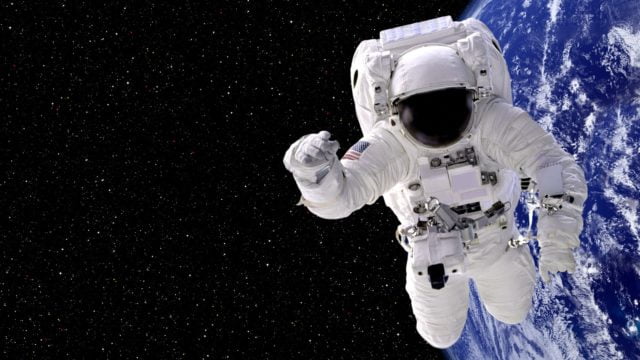Back in the 1960s and 1970s, an entire generation wanted to be an astronaut when they grew up, inspired by the likes of Yuri Gagarin – the first human in space – and Neil Armstrong – the first human to step on the surface of the Moon. In time, the excitement about space diminished, and the kids’ dream job when they grow up slowly transitioned from space to cyberspace.

Today, we are on the brink of a brand new space race, though, with several companies breaking ground in commercial space flight. Two of them – SpaceX and Boeing – are especially close to actually sending humans in space.
With private, commercial spaceflight becoming less a matter of science fiction and more a reality, it is safe to assume that, pretty soon, we may see the first job ad looking for pilots qualified to complete suborbital and orbital flights. This means, becoming an astronaut will soon transition from a childhood dream to an actual employment option.
So, here’s what you’ll need to study to be considered, according to NASA.
Flight
Test pilots are considered hardy, strong, and quick thinkers – and this is why NASA thought of them first when it came to people to send into space. The first astronauts came from the military, not only at NASA but in Russia, too. Gagarin, the first human to reach outer space, was a fighter pilot in the Russian Air Force, and Neil Armstrong, the first human to step on the Moon, was a naval aviator and test pilot.
Today, a prospective astronaut doesn’t have to be a test pilot. NASA requires, in turn, 1000 hours of pilot-in-command experience from those who want to become pilots or commanders in the space program.
It is safe to say that commercial space pilots will also need a similar level of experience.

Read More: This California-Based Startup Aims To Be The FedEx Of Space
A science degree
NASA’s space program is currently focused on science – so it’s not a surprise that those who want to join it need a degree. The specialties listed by NASA are engineering, biological science, physical science, computer science or mathematics – and the applicants need at least three years of experience in their area to be even considered.
The private space flights of the future will probably not require degrees in biology or physics. What they may require are in-depth engineering, mechanical, computer, and math knowledge, though.
Peak physical form
This is the one area where no commercial spaceflight company is expected to cut its candidates any type of slack. Space launches are pretty demanding on the body – during acceleration, SpaceX’s Crew Dragon engines exert 4 Gs (four times the Earth’s gravity) on the body of the crew.
Not to mention all the training sessions they will probably have to undergo while preparing for spaceflight. Thus, it’s safe to assume peak physical form will be mandatory when you apply for an astronaut position.
Becoming an astronaut will soon go from being a mere childhood dream to an actual job option. Landing such a well-sounding job, in turn, will not be easy.
Image Credits: Google Images
Other Recommendations:
What All Did Christina Koch Do In Her 328 Days Long Stay In Space?































